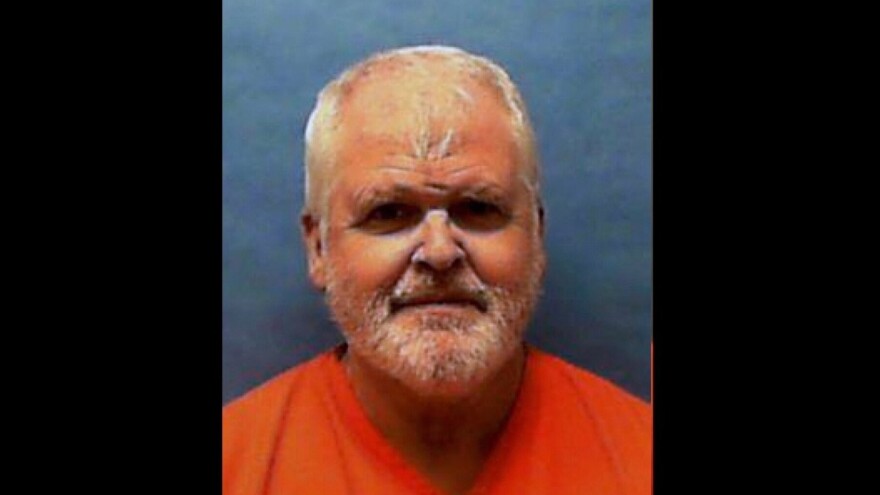The Florida Supreme Court has again denied a motion for postconviction relief from a Gulf War veteran — all in an effort to prevent a scheduled execution for the 1998 slayings of his girlfriend and her three children.
Jeffrey Hutchinson, 59, is set to die by lethal injection on May 1 at Florida State Prison. He would be the fourth inmate executed this year by the state.
According to court documents, the justices on Monday unanimously affirmed the denial of Hutchinson's third successive motion for postconviction relief. They also denied a stay and oral argument in the case, adding that no motion for rehearing will be considered.
His sentencing order noted that Hutchinson served eight years in the Army, including in the Gulf War, and that he had been diagnosed with Gulf War Illness, which produces a range of problems including pain, memory loss and insomnia.
In early 2025, according to court documents, Hutchinson alleged that the newly discovered evidence of brain damage and cognitive impairment would likely produce an acquittal of first-degree murder or a life sentence.
In upholding an April 4 decision by an Okaloosa County judge, the state high court disagreed, noting that the medical issues “were known at or before his trial.”
The Florida Supreme Court also argued that Hutchinson could not show the evidence would likely lead to an acquittal or a reduced sentence at a subsequent proceeding.
"In light of this, the additional mitigation concerning brain injury and cognitive issues would only have a marginal effect at a new penalty phase," the Florida Supreme Court wrote in its ruling. "Put differently, it is highly unlikely that the new evidence would lead to a life sentence for any of the three children's murders."
On the night of Sept. 11, 1998, in the Panhandle town of Crestview, Hutchinson had an argument with his girlfriend, Renee Flaherty, and left to go to a bar, court records show. A bartender recalled that Hutchinson made remarks about their argument, drank some beer and left abruptly.
About 40 minutes later, investigators said, there was a call to 911 from Hutchinson's home in which someone later identified as him said, “I just shot my family.” Police arrived to find Flaherty, 32, and her three young children — Geoffrey, 9; Amanda, 7; and Logan, 4 — dead from shotgun wounds.
Hutchinson was found sitting in the garage with a phone in his hand, still connected to the 911 operator, the court records show. A 12-gauge Mossberg shotgun was found on a kitchen counter, and police say Hutchinson had gunshot residue on his hands.
After his sentencing, Hutchinson said in court that he didn't kill anyone.
Hutchinson also has another appeal before the Florida Supreme Court, raising a different issue. That is still pending. His attorneys also had a request turned down at the federal level, which is now under appeal.
The Florida Supreme Court in 2022 rejected previous Hutchinson appeals related to new evidence his attorneys said surfaced.
Gov. Ron DeSantis signed Hutchinson’s death warrant on March 31, one of five this year. Three have been carried out.
On March 20, 63-year-old Edward James was executed for killing an 8-year-old girl and her grandmother in 1993.
James Dennis Ford, 64, was put to death Feb. 13 for the 1997 slayings of a married couple while out on a fishing trip.
On April 8, 48-year-old Michael Tanzi, was executed for the kidnapping and murder of a Miami woman in the Florida Keys in 2000.
Last week, DeSantis signed the death warrant of Glen Edward Rogers, 62, for the murder of a Gibsonton woman in an East Tampa hotel room in November 1995.
Information from the Associated Press and News Service of Florida was used in this report.




